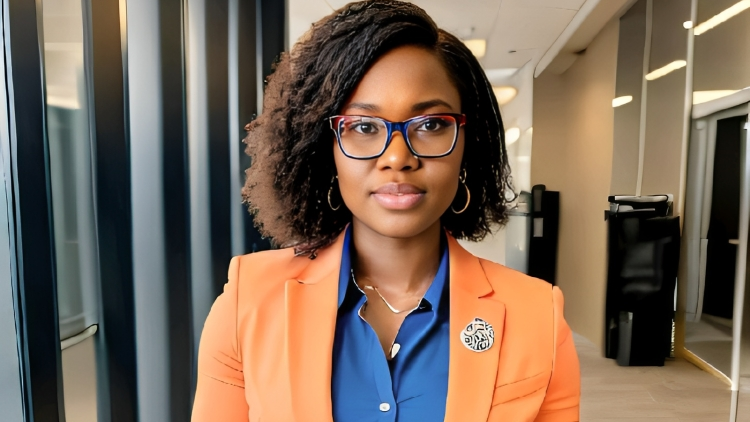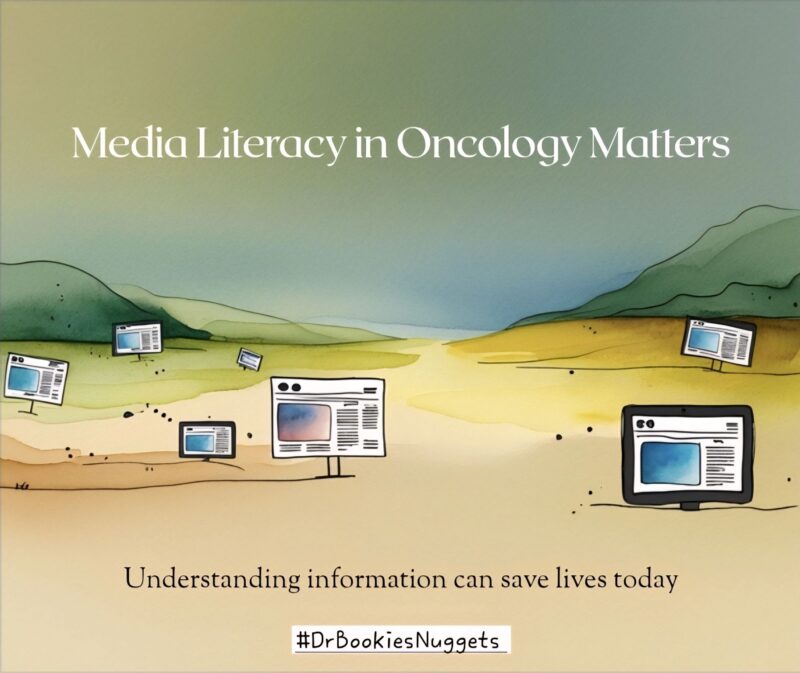
Olubukola Ayodele on the Impact of Media in Oncology: Separating Signal from Noise
Olubukola Ayodele, Breast Cancer Lead at University Hospitals of Leicester NHS Trust, shared on LinkedIn:
” ‘I didn’t go for my breast screening invite because I read a WhatsApp message that said mammograms cause cancer’
This and many more are the kinds of things I hear when I go for my community engagement initiatives.
We live in an age where information travels faster than ever before. For oncology, this can be both a blessing and a curse. Media; whether traditional news, social platforms, or even patient blogs shapes how people understand cancer. The challenge is learning how to separate signal from noise.
The Good
Media can amplify powerful messages. Campaigns on screening, early detection, and lifestyle modification have saved lives. Public figures sharing their cancer stories often reduce stigma and encourage others to seek help. Social media also gives patients and caregivers communities of support, where lived experiences can bring comfort that medicine alone cannot. When used well, media becomes an ally in awareness, education, and advocacy.
The Bad
Not all messages are balanced. Sensational headlines can fuel fear or create false hope. The ‘breakthrough cure’ story is a familiar one, often overlooking that many advances are incremental, requiring years of research before reaching patients. This can distort expectations and leave people feeling misled. Similarly, selective reporting sometimes skews the picture overemphasising one treatment while ignoring risks, side effects, or access barriers.
The Ugly
At its worst, poor media literacy can harm. Misinformation spreads quickly, especially online. We see this in the promotion of unproven treatments, conspiracy theories, or narratives that undermine trust in oncology professionals. For vulnerable patients, these messages can delay treatment, waste resources, and even cost lives. The speed of misinformation often outpaces the careful pace of science. Misinformation often fuels inequalities in healthcare.
Where Do We Go From Here?
As oncology professionals, we need to engage with media rather than dismiss it. We have a responsibility to communicate science clearly, respond to misinformation, and help patients make sense of what they read and hear.
For the public, the key is to pause and ask questions: Who is sharing this information? Is it backed by evidence? Could it be too good to be true? Seeking information from trusted sources and discussing concerns with healthcare teams can make all the difference.
This is why I use my own social media platforms to share reliable, accessible insights. Every post is a chance to inform, empower, and reduce the noise that can so easily overwhelm. Because when it comes to cancer, accurate information isn’t just knowledge, it’s a form of care.
Let’s take responsibility for the information we consume and share, fostering a well-informed community ready to combat misinformation and advocate for proactive health decisions.”

More posts featuring Olubukola Ayodele.
-
Challenging the Status Quo in Colorectal Cancer 2024
December 6-8, 2024
-
ESMO 2024 Congress
September 13-17, 2024
-
ASCO Annual Meeting
May 30 - June 4, 2024
-
Yvonne Award 2024
May 31, 2024
-
OncoThon 2024, Online
Feb. 15, 2024
-
Global Summit on War & Cancer 2023, Online
Dec. 14-16, 2023
